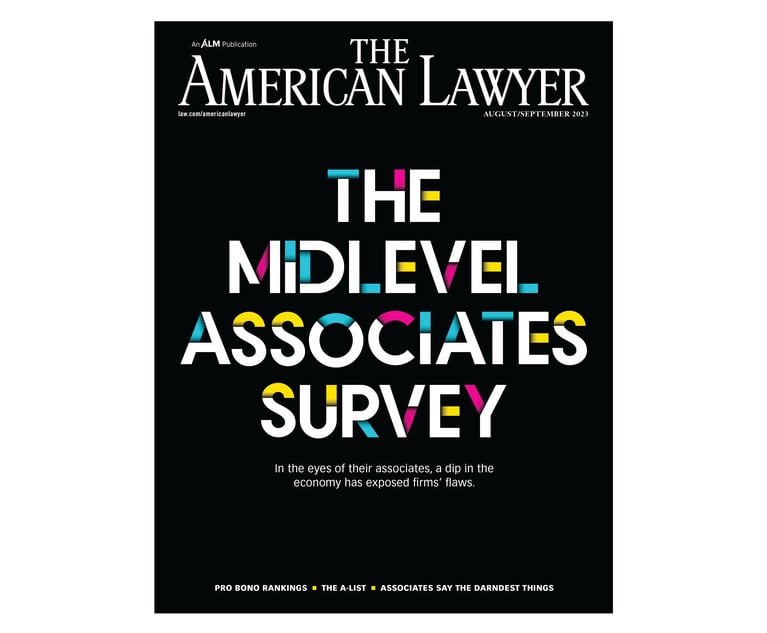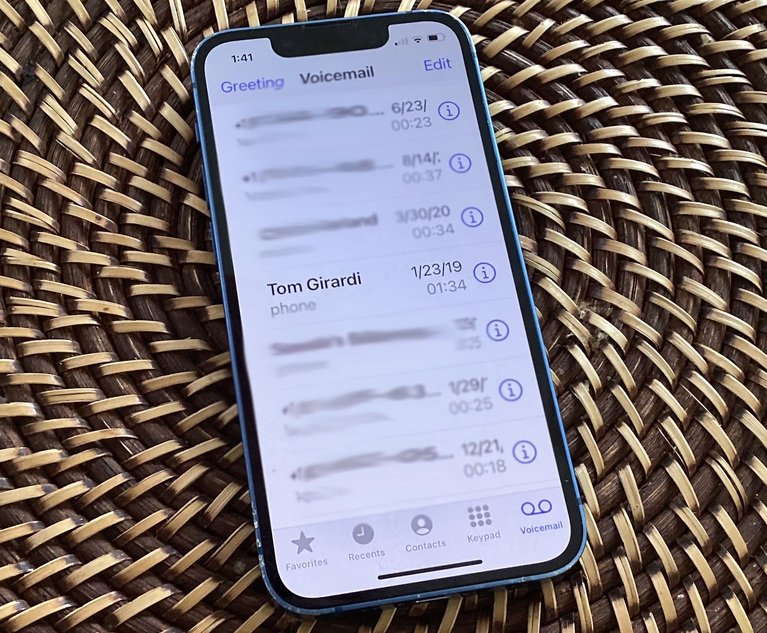The federal courts have been grappling recently with a thorny question of major significance to the class action bar: Can courts exercise personal jurisdiction over claims brought by unnamed, out-of-state class members? The answer impacts access to justice as well as the costs of litigation.
In 2017, the U.S. Supreme Court decided Bristol-Myers Squibb Co. v. Superior Court, which involved a California “mass tort” action against an out-of-state defendant. The court held that the state court could not exercise jurisdiction over claims brought by out-of-state plaintiffs for injuries that occurred out of state. Justice Sonia Sotomayor dissented, warning that “[t]he majority’s rule will make it difficult to aggregate the claims of plaintiffs across the country whose claims may be worth little alone,” and that the decision “will result in piecemeal litigation and the bifurcation of claims.” Class actions are designed to alleviate such problems, and the court limited its holding to state “mass actions,” reserving the question of whether its ruling would apply to federal class actions as well. Since then, lower courts have been filling in the blanks.
This content has been archived. It is available through our partners, LexisNexis® and Bloomberg Law.
To view this content, please continue to their sites.
Not a Lexis Subscriber?
Subscribe Now
Not a Bloomberg Law Subscriber?
Subscribe Now
LexisNexis® and Bloomberg Law are third party online distributors of the broad collection of current and archived versions of ALM's legal news publications. LexisNexis® and Bloomberg Law customers are able to access and use ALM's content, including content from the National Law Journal, The American Lawyer, Legaltech News, The New York Law Journal, and Corporate Counsel, as well as other sources of legal information.
For questions call 1-877-256-2472 or contact us at [email protected]









